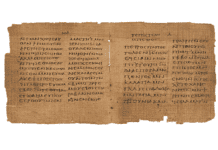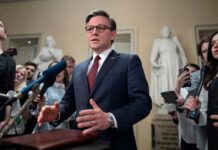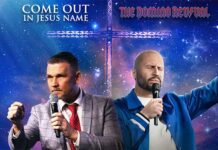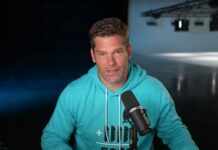Meanwhile, Ukraine’s president, Petro Poroshenko, is delighted by Bartholomew’s decision, calling it “a victory of good over evil.” Poroshenko adds, “The [Russian] empire is losing one of the last levers of influence over its former colony.”
But this debate has “no saints,” according to George Soroka, a lecturer on government at Harvard University. Constantinople “assuredly had political motives for determining that Moscow’s control over Kiev, a status quo that Constantinople had accepted for 332 years, was in fact objectionable on canonical grounds,” he writes. Soroka expects Ukrainian president Poroshenko to use the issue of autocephaly to “burnish his nationalist credentials and consolidate his power” as the country’s elections approach in March.
Implications for the Orthodox Church
The Orthodox Church has a 1,000-year history of embracing rituals and traditions. But it hasn’t been immune to political manipulations and in-fighting. Moscow, which considers itself the “Third Rome,” has longed to claim Orthodoxy leadership from Constantinople, which dubbed itself the “New Rome” after the 1054 schism with the West.
Constantinople, in Muslim-dominated Turkey, faces a dwindling population of Christians. Some Orthodox Christians worry that Bartholomew, 78, now seeks a quasi-papal role. That’s because claims have been made recently that he is “first without equal,” rather than “first among equals.”
Traditionally, Orthodox theology has recognized no head of the church except for Jesus. The faith is based on the Nicene Creed, and the church’s bishops are considered successors of Jesus’ apostles. The Orthodox Church recognizes seven sacraments, with communion as the main one. Like the Catholic Church, Orthodoxy venerates Mary as the mother of God.
Some evangelical Christians question certain positions of the Eastern Orthodox faith. “Of course, the roots of Eastern Orthodox theology go back centuries—even to the ancient creeds, councils and church theologians,” says R. Philip Roberts of the Global Ministries Foundation in Tennessee. “The problem is what has happened since then in terms of revisions and interpretations in Eastern Orthodox thinking by eastern mystical thinkers involving the biblical doctrines of God, Adam, humankind, sin and salvation.”
When Hank Hanegraaff, known as The Bible Answer Man, converted to Eastern Orthodoxy last year, some eyebrows were raised about his decision. Hanegraaff, however, insists that he’s still a Christian and that “nothing has changed in my faith.”
Orthodox leaders in America say talk of schism damages unity and is causing lots of heartache. “People are taking sides,” says the Rev. John Jillions, chancellor of the Orthodox Church in America, which operates independently of the Moscow Patriarchate. “Every single town in the U.S. that has Orthodox clergy will be immediately affected.”











